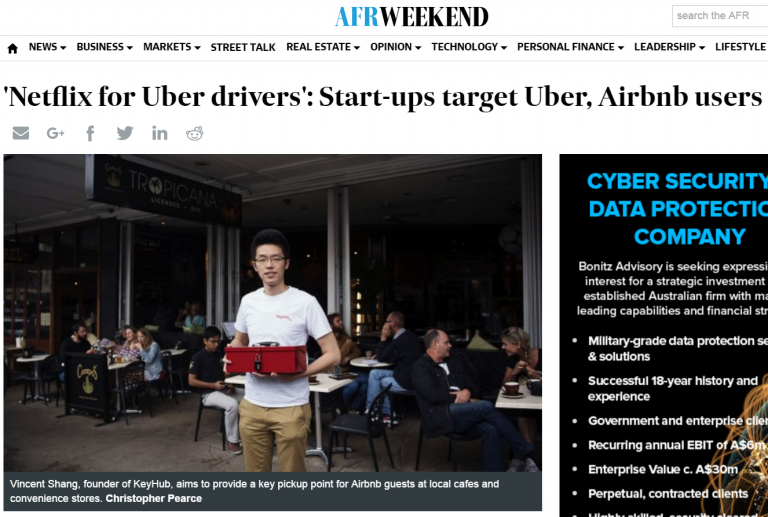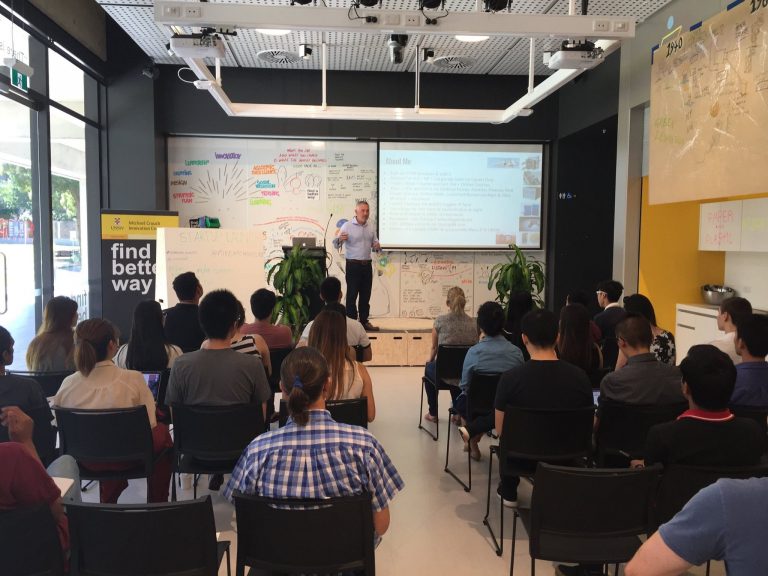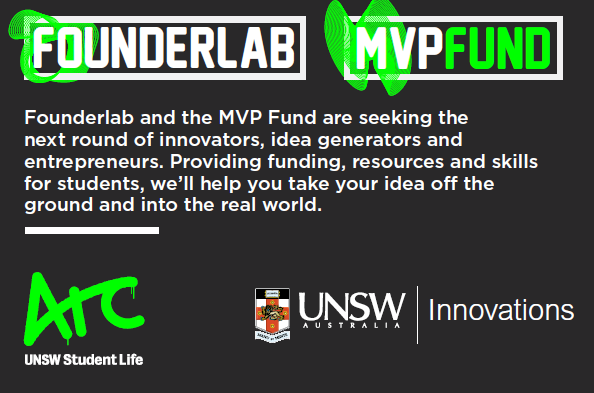The Startup Launch program at UNSW has gone through several evolutions since its humble beginnings in 2013,...
Josh Flannery
UNSW has released an additional $750k in funding for Startup Programs largely managed by the Student Entrepreneur...
This week 21 applicants from a pool of 50 attendees of last months Innovation Dojo program Info Evening...
Something special happens every March on the weekends at UNSW. 30 students and alumni, who have been...
We had another massive year at UNSW Innovations in 2015 and, in fact the last 24 months...
This week has seen seasoned developer and UNSW alumni Gwilym Humphreys come on board as Lead Developer...
Ed: Regular readers will recall numerous articles we have written on the importance of hardware startups moving...






